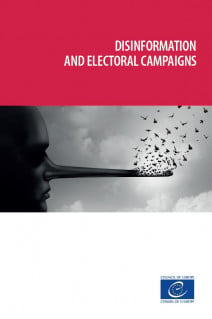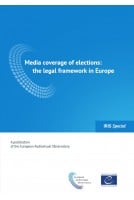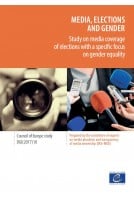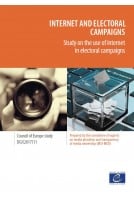Fighting back against fake news – how does it interfere in democratic processes, particulary elections?
Since summer 2016, “fake news” has denoted the deliberate, viral spreading of false information on the internet and social media with the intention, for example, of discrediting a political party, tarnishing someone’s reputation or casting doubt on scientific truth. This practice, which hinders citizens in making informed decisions, has become very widespread. Its impact is especially significant not only because of how quickly fake news spreads, but also because identifying the authors of such campaigns and digital material is very difficult.
This report attempts to provide responses to issues raised by this phenomenon, in particular during electoral campaigns, and offer proposals to shape a legal framework at European level.
INTRODUCTION1. GENERAL OVERVIEW OF THE SITUATION
1.1. Technical data
1.2. Political data
1.3. The intensification of the process
1.4. Possible responses
2. RECOMMENDATIONS
2.1. Definition of terms
2.2. Transparency
2.3. Duration of electoral campaigns
2.4. Spending on digital electoral campaigns
2.5. The processing of personal data according to the European General Data Protection Regulation (GDPR) and the protection of citizens
2.6. Fundamental principles for algorithms and artificial intelligence
2.7. Summary procedure in case of urgency
2.8. Co-operation with different stakeholders
2.9. Compliance with European law
2.10. Enforcement
2.11. Summary of the proposals
3. PROGRAMME OF ACTIONCONCLUSION







